Why US abortion rights may be overturned
Supreme Court justices signal support for tighter restrictions in pivotal case
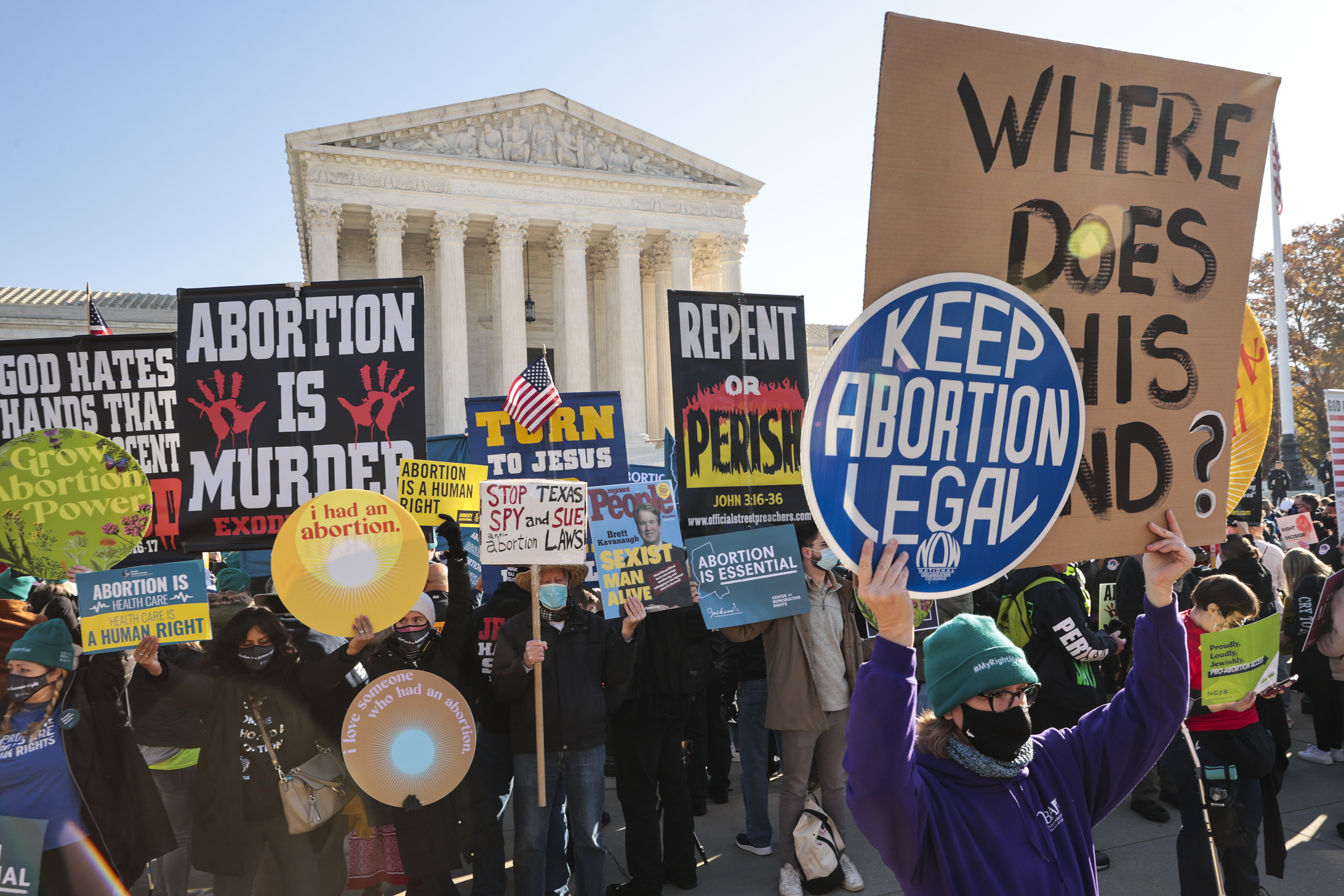
A free daily email with the biggest news stories of the day – and the best features from TheWeek.com
You are now subscribed
Your newsletter sign-up was successful
The US Supreme Court may be on the cusp of overturning two landmark decisions that allow millions of women access to abortions.
Oral arguments were heard last week in what The Guardian described as “the most important reproductive rights case in decades”. Dobbs v. Jackson Women's Health Organization centres on the constitutionality of a 2018 Mississippi state law that bans nearly all abortions after the first 15 weeks of pregnancy, even in cases of rape or incest.
Overturning Roe v. Wade
The Week
Escape your echo chamber. Get the facts behind the news, plus analysis from multiple perspectives.

Sign up for The Week's Free Newsletters
From our morning news briefing to a weekly Good News Newsletter, get the best of The Week delivered directly to your inbox.
From our morning news briefing to a weekly Good News Newsletter, get the best of The Week delivered directly to your inbox.
The pending Supreme Court case is named for Mississippi State Health Officer Dr Thomas Dobbs and the only abortion clinic in Mississippi, which has a population of three million. The ban has not been enforced yet owing to the legal challenge by the clinic.
But experts say that if the Supreme Court, which has a six-three conservative majority, rules in favour of Mississippi, the case could result in the overturning or significant weakening of two monumental previous rulings. The first is the Roe v Wade judgment of 1973, which is “the only legal protection guaranteeing the right to abortion access” in many US states, said The Guardian.
Passed during Richard Nixon’s term in the White House, the Supreme Court judgment swept away a series of federal and state anti-abortion laws by establishing a woman's constitutional right to choose to have an abortion in the first three months of pregnancy.
The second ruling was made by the court nearly two decades later, in 1992. The decision in Planned Parenthood of Southeastern Pennsylvania v. Casey reaffirmed abortion rights and ruled that states could not place an “undue burden” on women seeking abortions before a foetus could survive outside the womb, at 23 to 24 weeks.
A free daily email with the biggest news stories of the day – and the best features from TheWeek.com
Test case
The Supreme Court first announced in May that it would review Mississippi’s law banning abortions after 15 weeks of pregnancy in all cases except for medical emergencies or foetal abnormalities.
Mississippi is among “many Republican-led states” that have passed “restrictive abortion laws” conflicting with the precedents laid out in Parenthood v. Casey and Roe v. Wade, said The Washington Post.
The court could have cited these precedents to refuse to hear the Mississippi case, “but the fact it was accepted for oral arguments meant at least four justices saw merit in revisiting Roe v. Wade”, said The Guardian. And that has caused deep concern among abortion rights campaigners.
“The Supreme Court just agreed to review an abortion ban that unquestionably violates nearly 50 years of Supreme Court precedent and is a test case to overturn Roe v. Wade,” said Nancy Northup, president of the Center for Reproductive Rights, in a statement back in May.
SB8 debate
The Mississippi case “highlights the deepening rift over abortion” in the US and comes after “Republican-led Texas passed one of the most restrictive abortion laws in the country”, said the Financial Times.The Texas Senate Bill 8, commonly known as SB8, came into effect on 1 September and authorises private citizens to sue anyone who performs, “aids or abets” an abortion after the sixth week of pregnancy.
Texas, America’s second-largest state geographically, is home to more than six million women of reproductive age, some of whom are now travelling “across state borders in search of abortion services”, according to the paper. The number of patients at the Jackson clinic in Mississippi has reportedly “jumped from between 150 and 200 a month to more than 300 since the Texas law came into force”.
Although “unconstitutional when it went into effect, SB8’s six-week ban may well be constitutional in several months’ time, even if its enforcement mechanism is not”, if the Supreme Court overturns Roe v. Wade, said The New Yorker.
‘Watershed moment’
Mississippi Governor Tate Reeves has said he is cautiously optimistic that the Supreme Court will overturn the landmark decisions. The Republican told CNN’s State of the Union programme that last week’s oral arguments were “a watershed moment in American history” that “many of us in the pro-life movement” had wanted for years.
But while the Supreme Court “seemed poised” to uphold Mississippi’s law, the broadcaster’s news site said, “it is less clear if there is a clear majority to end the right to abortion nationwide”.
A compromise “might still be hammered out behind the scenes”, The New Yorker suggested. The court could enable a basic right to abortion to remain, “while allowing Mississippi and other states to ban abortion as early as fifteen weeks, and leaving it for another day to decide how much before that is too early”.
The court is expected to deliver its final ruling next June. According to sexual healthcare provider Planned Parenthood, “nearly half of the women of reproductive age (18-49) in the United States – more than 36m women in 26 states, and even more people who can become pregnant – could lose abortion access” if the justices overturn Roe v. Wade.
Kate Samuelson is The Week's former newsletter editor. She was also a regular guest on award-winning podcast The Week Unwrapped. Kate's career as a journalist began on the MailOnline graduate training scheme, which involved stints as a reporter at the South West News Service's office in Cambridge and the Liverpool Echo. She moved from MailOnline to Time magazine's satellite office in London, where she covered current affairs and culture for both the print mag and website. Before joining The Week, Kate worked at ActionAid UK, where she led the planning and delivery of all content gathering trips, from Bangladesh to Brazil. She is passionate about women's rights and using her skills as a journalist to highlight underrepresented communities. Alongside her staff roles, Kate has written for various magazines and newspapers including Stylist, Metro.co.uk, The Guardian and the i news site. She is also the founder and editor of Cheapskate London, an award-winning weekly newsletter that curates the best free events with the aim of making the capital more accessible.
-
 The ‘ravenous’ demand for Cornish minerals
The ‘ravenous’ demand for Cornish mineralsUnder the Radar Growing need for critical minerals to power tech has intensified ‘appetite’ for lithium, which could be a ‘huge boon’ for local economy
-
 Why are election experts taking Trump’s midterm threats seriously?
Why are election experts taking Trump’s midterm threats seriously?IN THE SPOTLIGHT As the president muses about polling place deployments and a centralized electoral system aimed at one-party control, lawmakers are taking this administration at its word
-
 ‘Restaurateurs have become millionaires’
‘Restaurateurs have become millionaires’Instant Opinion Opinion, comment and editorials of the day
-
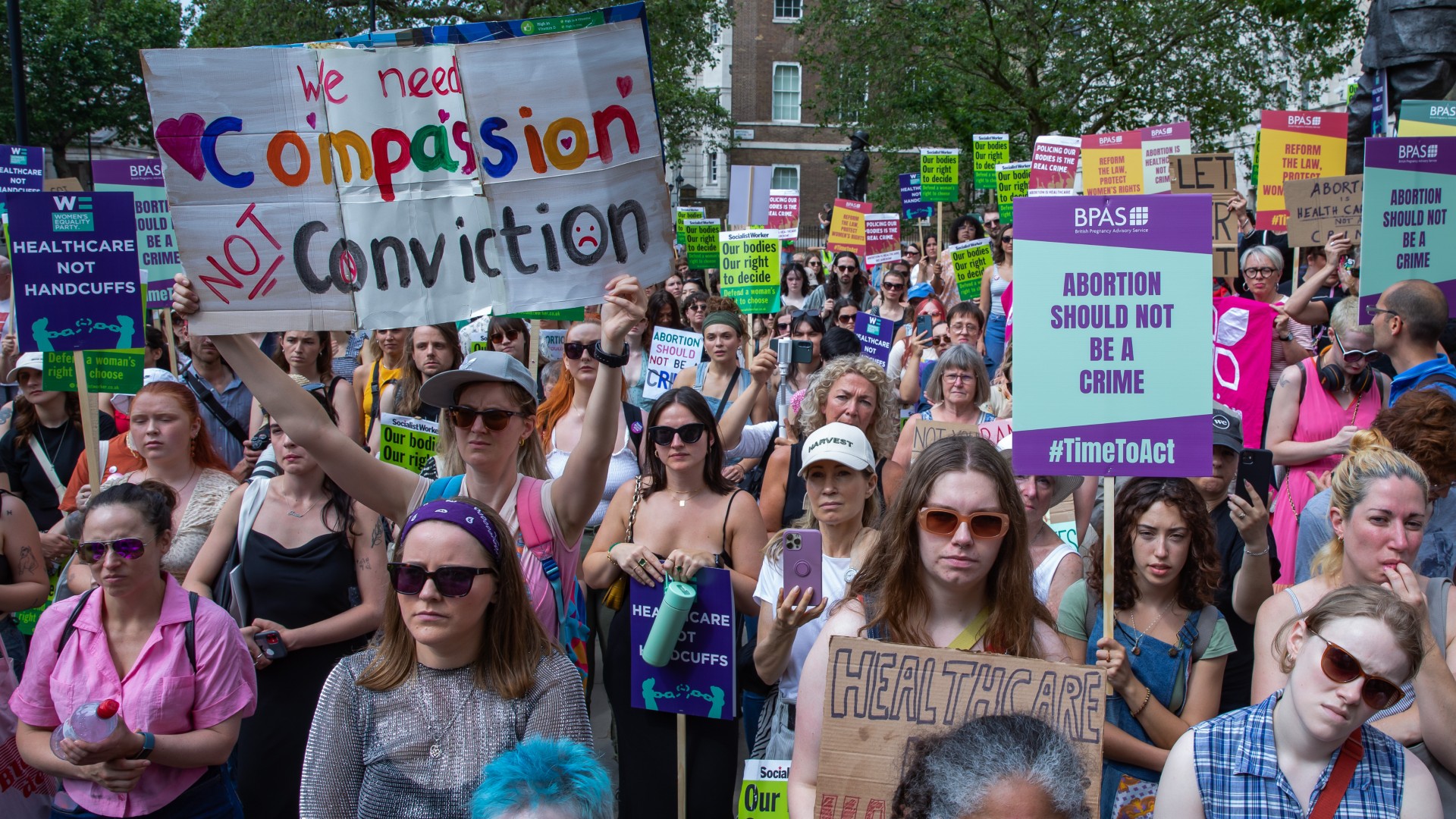 Is the UK about to decriminalise abortion?
Is the UK about to decriminalise abortion?Talking Point A rise in prosecutions has led Labour MPs to challenge the UK's abortion laws
-
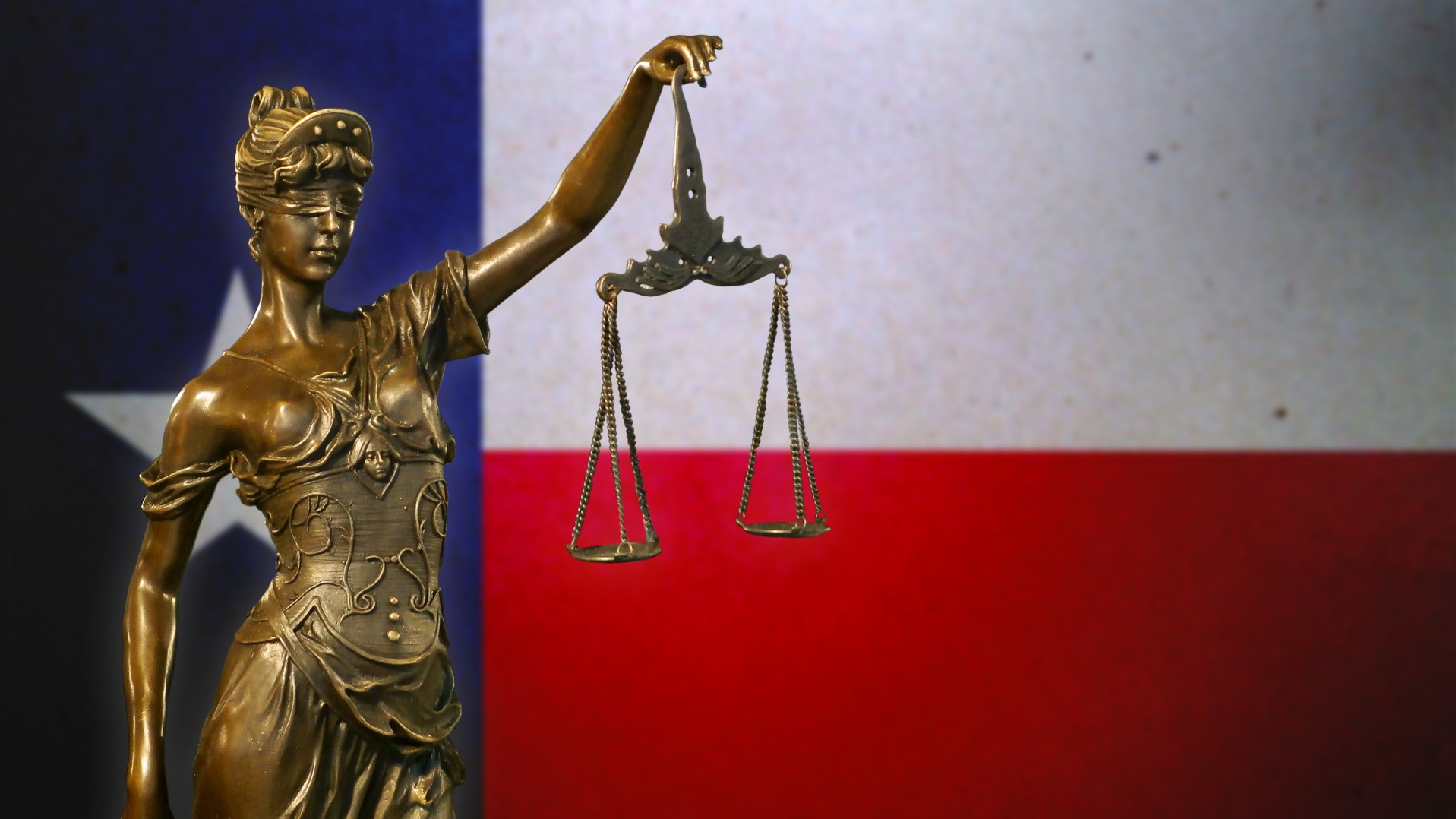 Texas court allows execution in shaken baby syndrome case
Texas court allows execution in shaken baby syndrome caseUnder the radar The state could be the first to carry out the death penalty for someone convicted due to the diagnosis, despite its controversial applicability
-
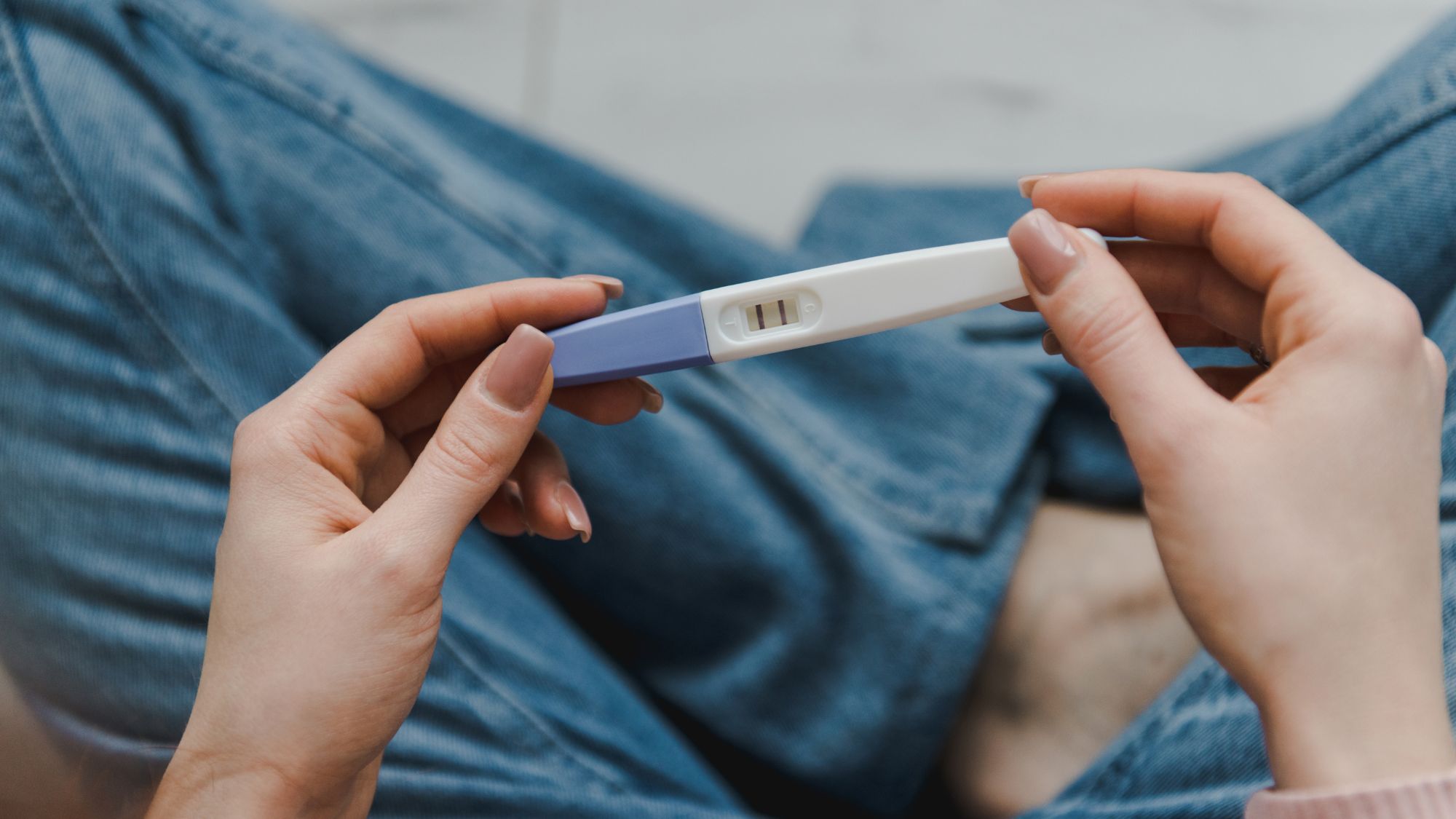 Abortions rise to record level 'due to cost of living'
Abortions rise to record level 'due to cost of living'Speed Read Low-income women face 'heart-breaking' choice, warns abortion charity chief
-
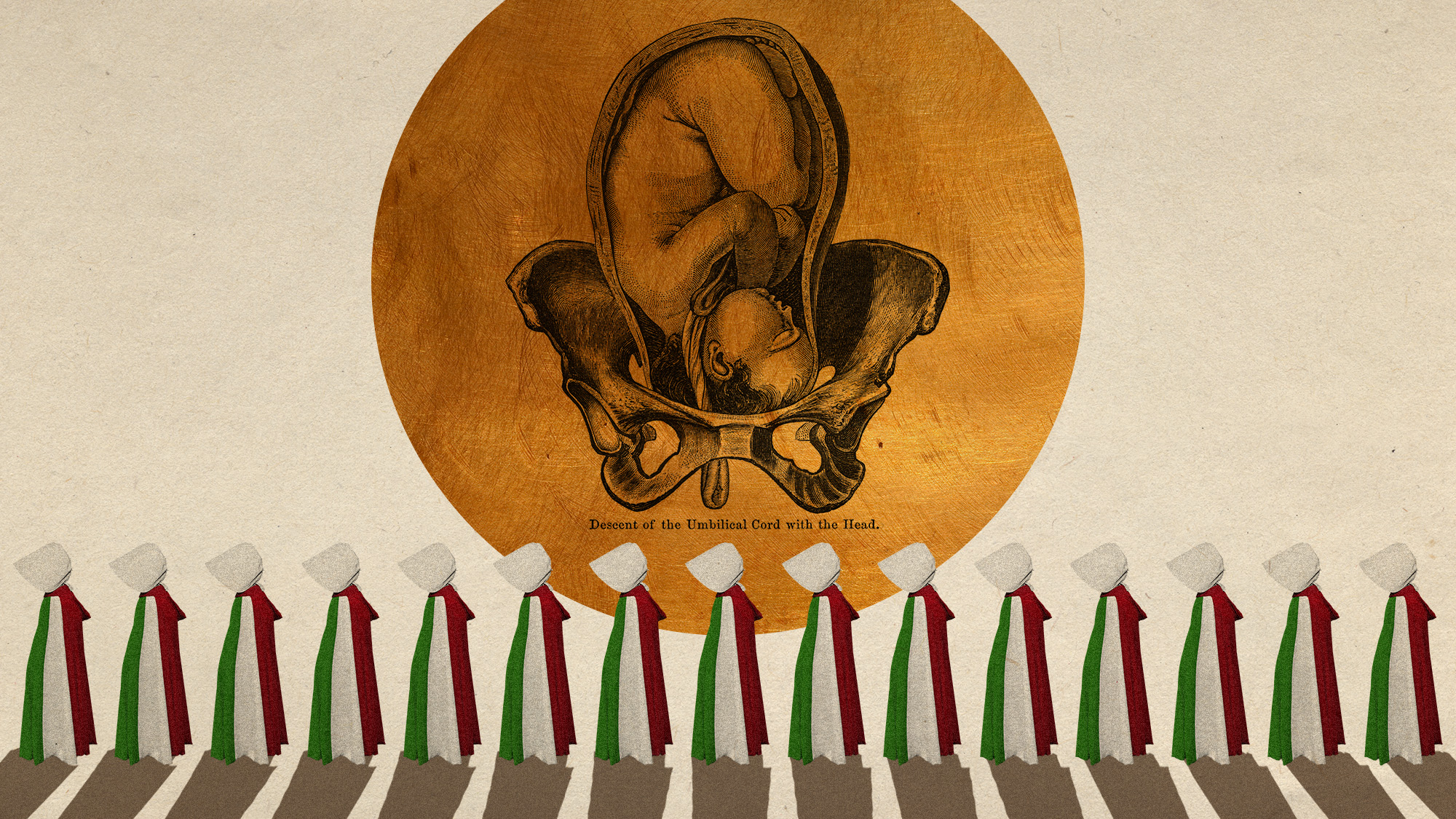 Italian senate passes law allowing anti-abortion activists into clinics
Italian senate passes law allowing anti-abortion activists into clinicsUnder The Radar Giorgia Meloni scores a political 'victory' but will it make much difference in practice?
-
 France enshrines abortion rights in constitution
France enshrines abortion rights in constitutionspeed read It became the first country to make abortion a constitutional right
-
 Texas executes man despite contested evidence
Texas executes man despite contested evidenceSpeed Read Texas rejected calls for a rehearing of Ivan Cantu's case amid recanted testimony and allegations of suppressed exculpatory evidence
-
 Supreme Court wary of state social media regulations
Supreme Court wary of state social media regulationsSpeed Read A majority of justices appeared skeptical that Texas and Florida were lawfully protecting the free speech rights of users
-
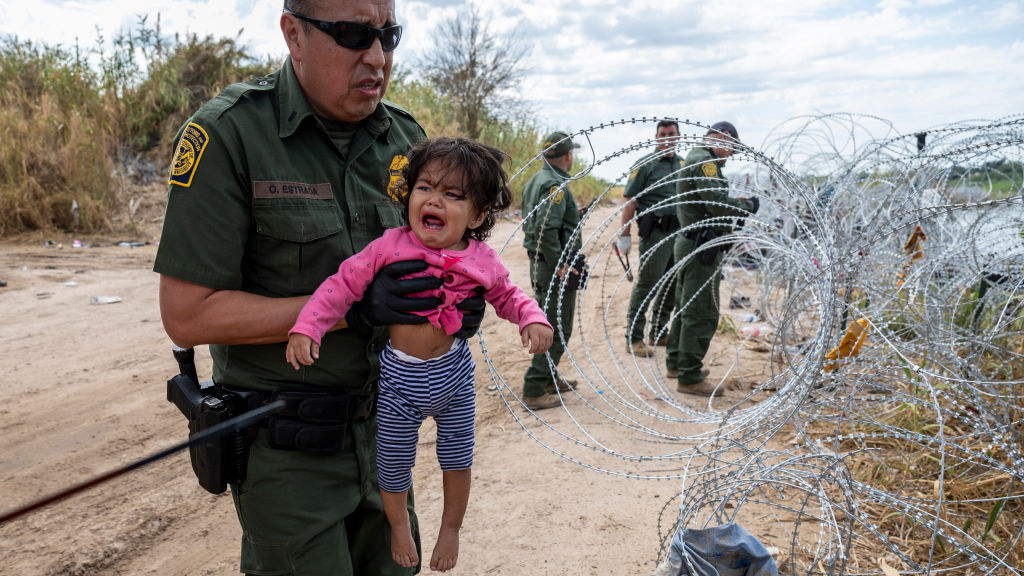 Supreme Court says US border agents can remove Texas razor wire
Supreme Court says US border agents can remove Texas razor wireSpeed Read The 5-4 ruling is a win for the Biden administration in its broader fight over border authority with Texas Gov. Greg Abbott